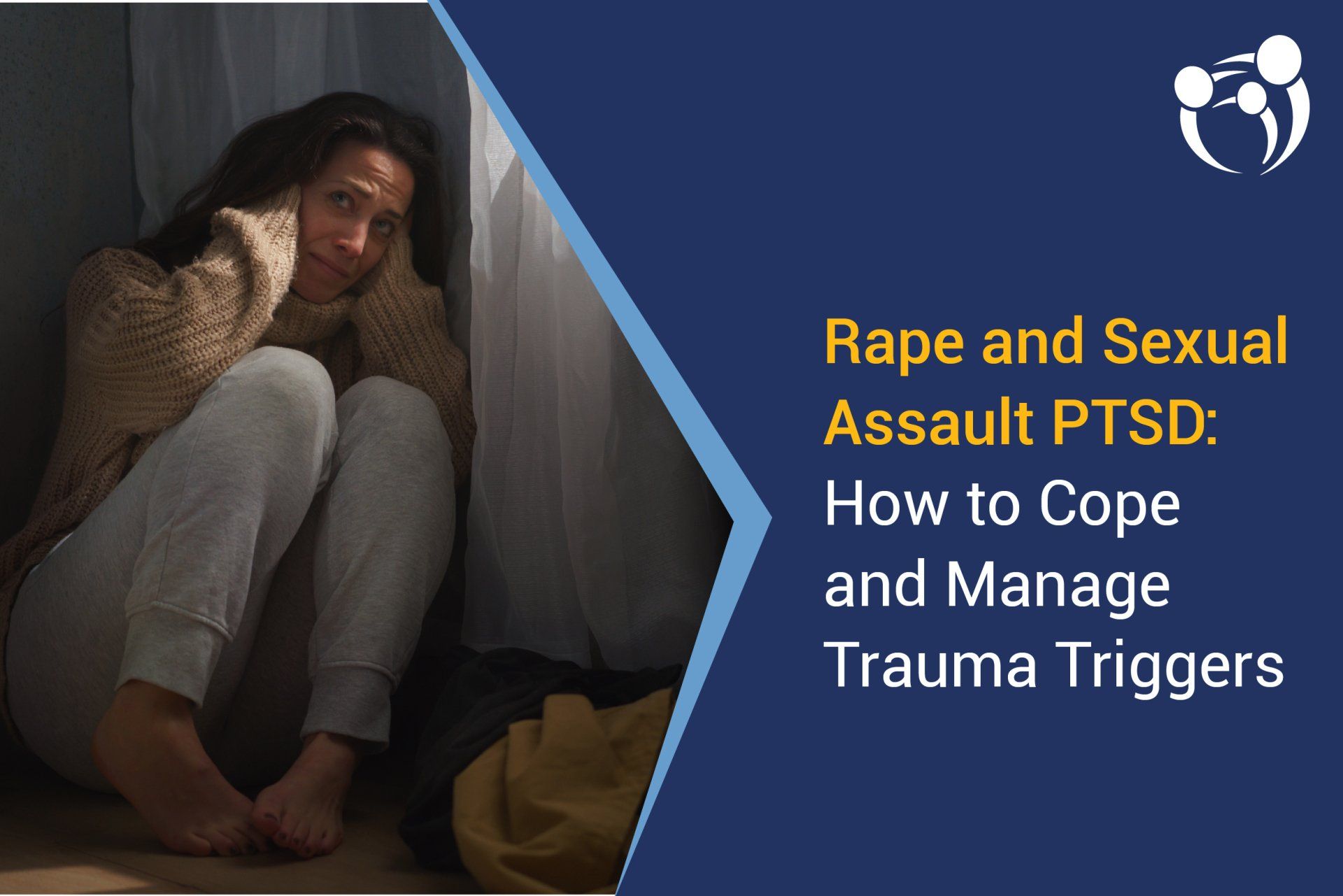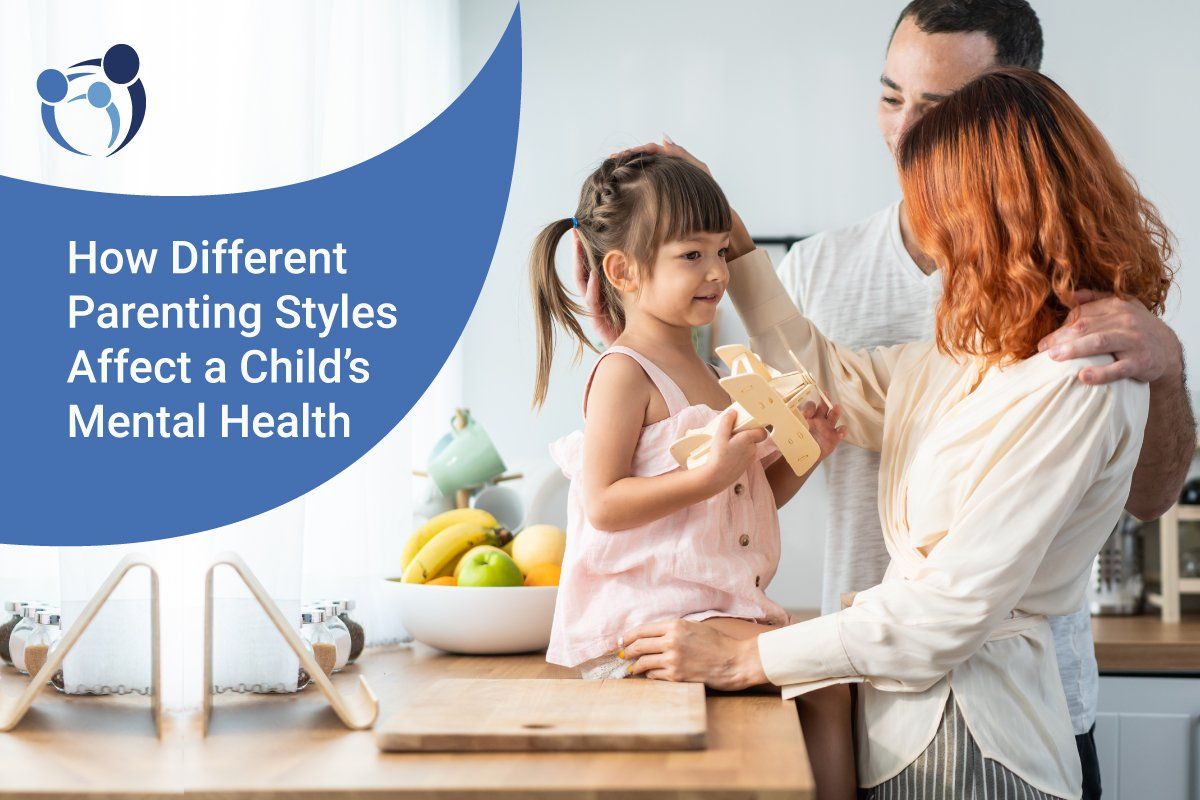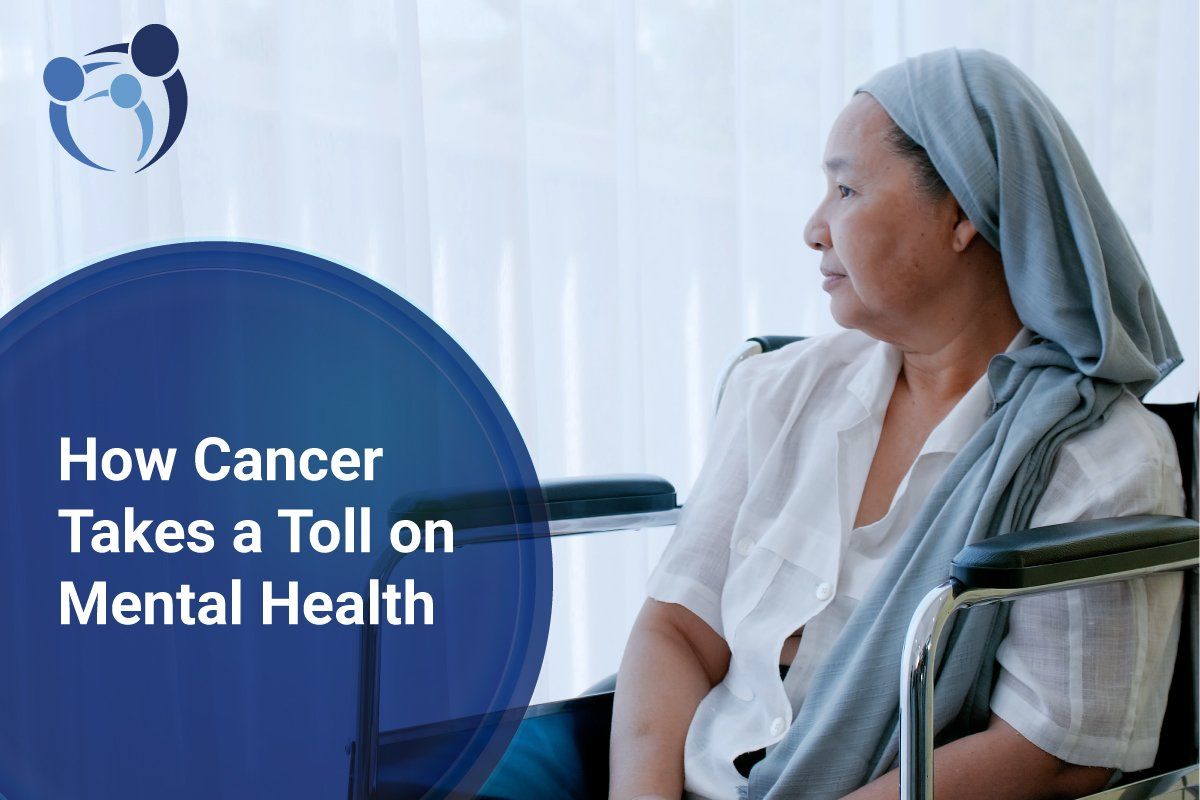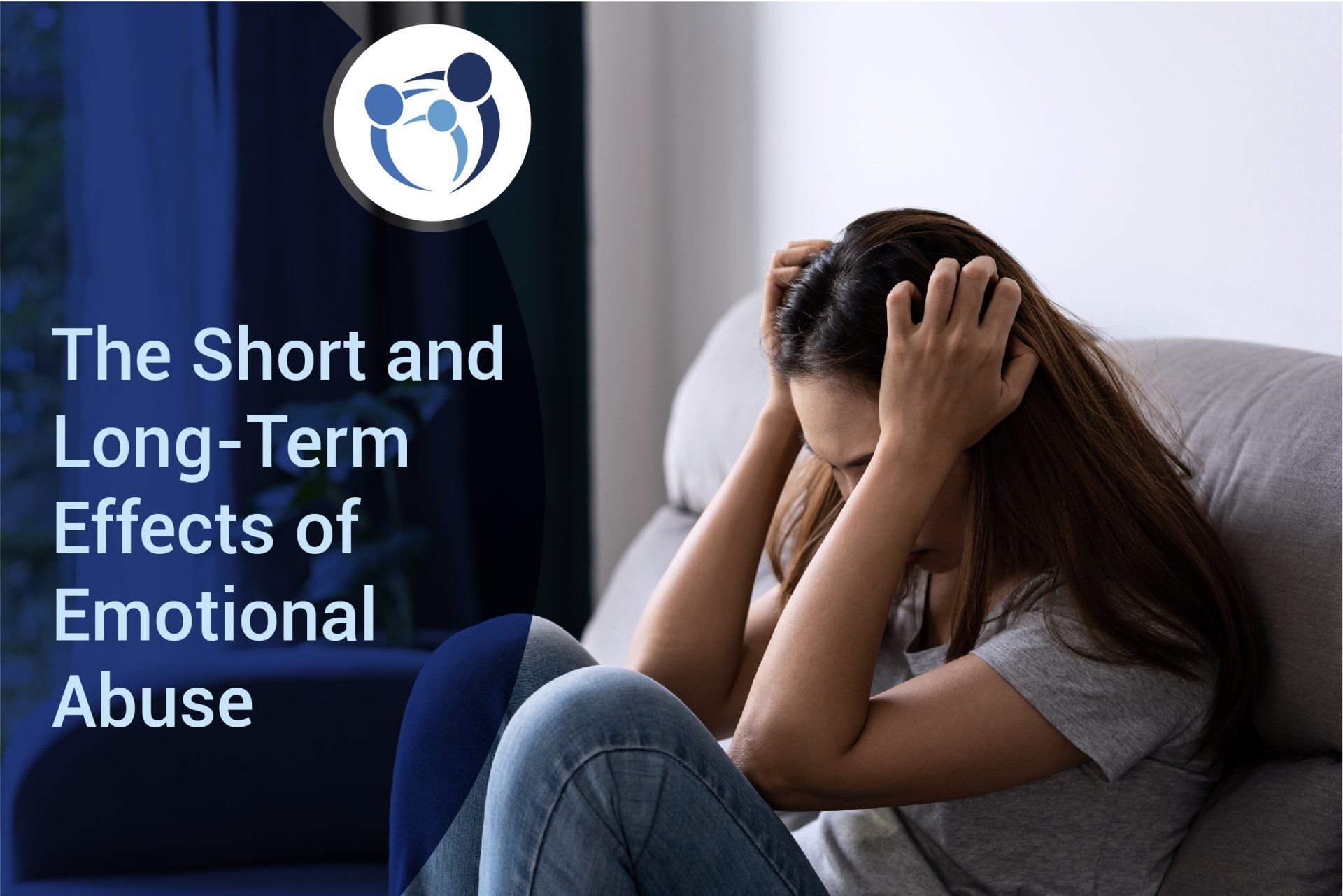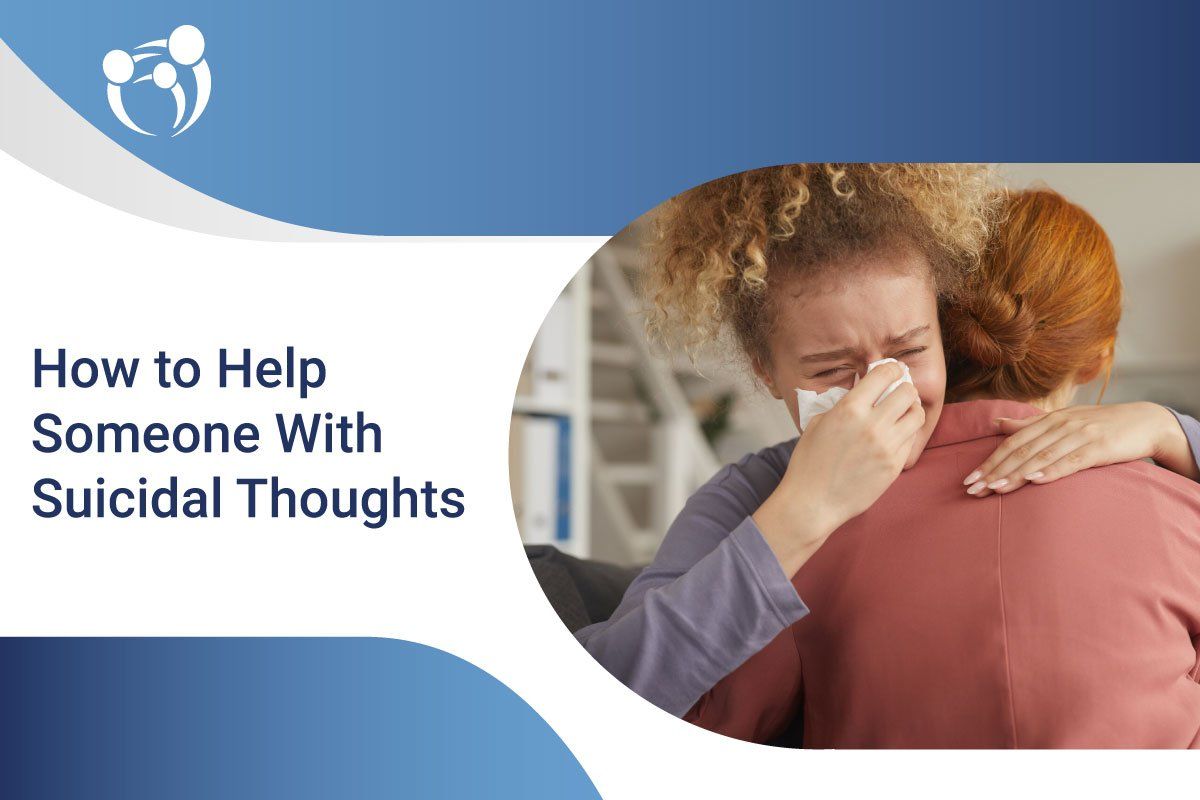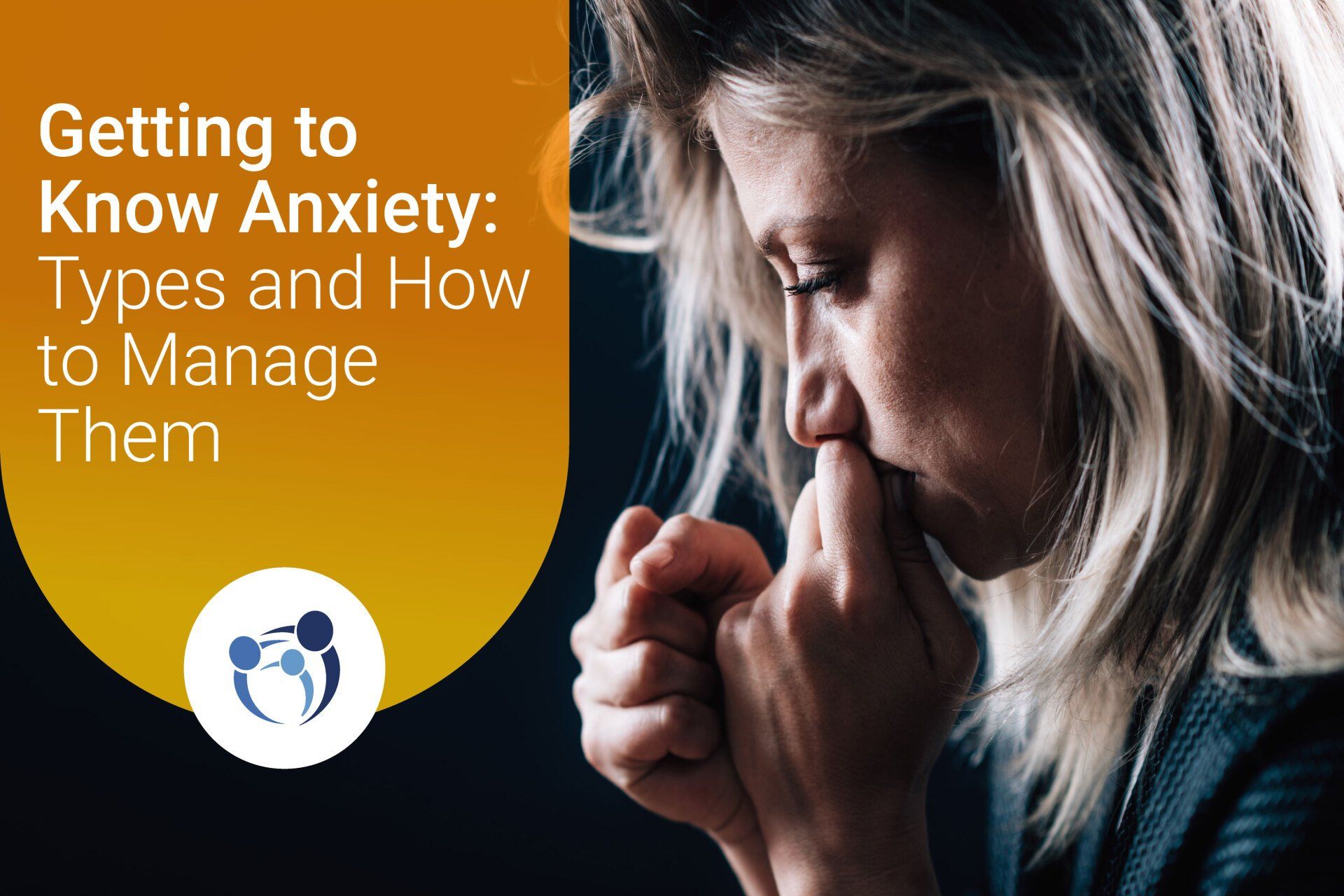According to the Centers for Disease Control and Prevention, almost 1 in 5 women in the United States have experienced sexual assault. In other countries, the statistics are even higher, and assault is not limited to women alone.
Regardless of gender or age, the impact of
rape and sexual assault is far beyond physical injuries. The trauma may leave you feeling ashamed, afraid, violated, and trusting others may be a hurdle. You don't want to feel alone, and there will be times that you will experience flashbacks and nightmares.
How to Cope with Being Raped
Aside from unpleasant emotions, you may struggle with anxiety, depression, and rape post-traumatic stress disorder (PTSD). However, remember that what you are experiencing are normal reactions to trauma triggers.
In time, you will begin healing and regaining your trust to move forward healthily through life.
Be Open
A stigma is attached to rape victims, and it can make you feel weak or dirty. You might be afraid of how others would react to what happened, yet if you remain quiet, you deny yourself help. Healing may not come if you choose to avoid or deny the incident.
Reach out to trustworthy people you know will understand and be compassionate about what you are going through. If you don't have someone you can talk to, you can find a therapist or call a
rape crisis hotline.
Avoid Isolating Yourself
Rape victims may feel isolated, helpless, and powerless. However, remembering that you are not defined by what happened to you is vital. Your strengths and coping skills are more significant in these challenging times.
Join Support Groups
Volunteer your time by joining support groups for rape recovery. Support groups for other rape victims may strengthen and inspire you to recover like other women who already have been able to cope. Like them, you will soon be able to manage and survive.
These support groups can also provide information and therapies that may help you work through your recovery. If you cannot find a support group around, there are online groups that may help you.
Cope With Feelings of Shame and Guilt
The guilt may arise right after the assault or even years later. It would help if you acknowledged that you were not responsible for what happened. You don't have to be guilt-ridden because you could not stop the assault. When in the middle of the attack, the body and mind may have "froze" as part of the "fight and flight mode." You did the best you could even when you were under duress, and there's nothing to be ashamed of.
Do not blame yourself even if you were drunk. The only one responsible is the criminal mind of the perpetrator. Being drunk or under the influence does not mean you deserved to be assaulted. Again, the responsibility resides on the perpetrator alone.
Prepare for Flashbacks
When you go through something traumatic, the body tends to undergo "fight or flight mode," and the body will calm down when the threat has passed. Yet, the body may remain in a state of high alert even after the danger is gone. In the case of rape survivors, nightmares and flashbacks are very common, and if the nervous system continues to stay in this state, PTSD may persist much longer.
The common triggers that may lead to nightmares and flashbacks are people, places, smells, and dates associated with the rape. If you know what triggers your reaction, you will better understand yourself and take steps to calm yourself.
Pay close attention to the danger signals that your body sends you. It can be shortness of breath, nausea, dizziness, hot flashes, and feeling tense. When these signs start to show, try calming yourself down or removing yourself from the environment to process your emotions.
Reconnect your Body and Feelings
After the assault, your body is hypersensitive, and you may start to numb your feelings. However, when you numb your feelings, you also shut down emotions like self-awareness and your capacity to feel.
Signs that you are numbing your emotions may include
- Trouble concentrating and remembering things
- Use of stimulants and risky behaviors to feel alive
- Escape through excessive watching of television and video games.
- Detached from the activities that you initially enjoyed doing.
For survivors, it is hard to get back in touch with your feelings and body since you may feel that reconnecting with your emotions can sometimes feel threatening. However, you will feel safer and more powerful when you finally reconnect with your body.
You can reconnect to your body through:
- Rhythmic movement. Add dancing, marching, and drumming movements to your walking routine to help you relax and regain a sense of control of your body.
- Mindfulness meditation. Practice this anywhere, even if you are eating or walking since this will help you focus on the present moment, which may include your emotions. Listen to what your body is saying to you without any judgments.
- Yoga, Qigong and Tai Chi. These activities can soothe your mind, focus your movements, and may aid in relieving the symptoms of trauma and PTSD.
Take Care of Yourself
Healing from sexual trauma is gradual. Sometimes, it can worsen your fear and anxiety, but you need to take care of yourself to recuperate.
Tips to take care of yourself:
- If you have problems with relaxation, you may try yoga and meditation.
- Avoid watching programs that are explicit or have violence.
- Take a break from social media.
- Do not consume alcohol and drugs since this may worsen your anxiety.
You are not alone
Being a victim of rape and sexual assault is not easy; however, here at A Center for Mental Wellness we are here to listen and understand. Together, our therapies can help you survive, cope, and recover.
Visit our site at
https://www.acfmw.com/ to learn more.
(302) 674-1397
help@acfmw.com
All Wellness Centers
Serving Greater Dover and Newark
All Wellness Centers
Serving Greater Newark & Dover
ACFMW | All Rights Reserved.
